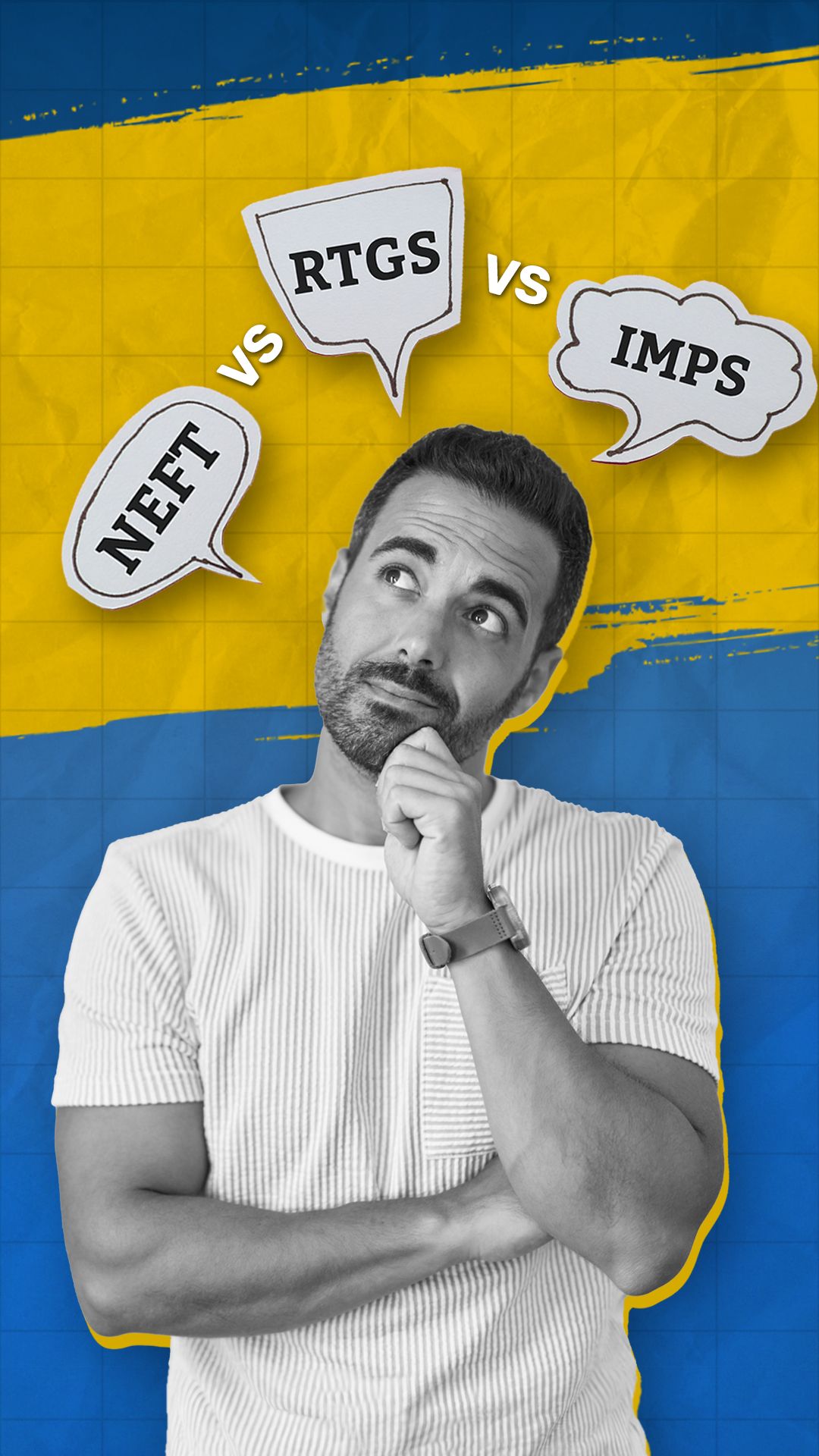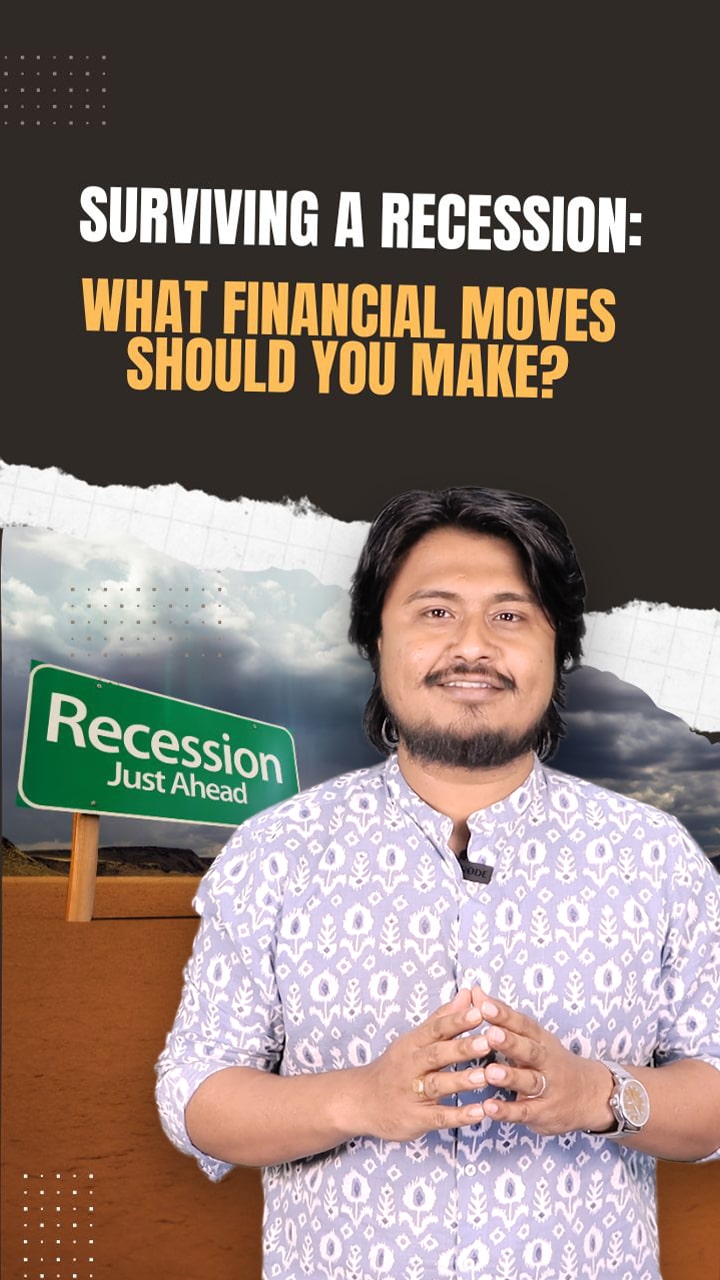Money Management 101
Managing money might seem intimidating but it could be easier than you think. With the right approach, you could simplify your finances and work toward a secure future.
In this video, we’ll break down the basics of money management, covering essential topics such as budgeting, saving, investing, and managing debt. You might learn how to create a budget, set limits for different expenses, and stick to it. We’ll also explore the importance of building an emergency fund and saving for specific goals like vacations or home purchases.
Investing is another key focus. We’ll discusses options like mutual funds, or PPF, emphasising the importance of starting early and diversifying your portfolio. Additionally, we’ll highlight strategies for managing debt, including prioritising high-interest loans and negotiating better terms.
This video will also cover insurance and tax planning, crucial for financial protection and saving money. Lastly, we’ll explain long-term financial planning, including retirement and estate planning, to secure your future.
By following these steps and monitoring your finances regularly, you could stay on track and make informed decisions.

Key Takeaways
You could create a financial roadmap by listing income and expenses, setting limits for each category, and sticking to it
Building a safety net might involve saving at least 20% of your income and exploring options like savings accounts, FDs, and emergency funds
To grow your money, you could consider mutual funds, or PPF and diversify your portfolio to manage risks
You could prioritise high-interest debts, consolidate or negotiate better terms, and pay more than the minimum to clear debts faster
Protecting yourself with insurance could include health and life coverage, while tax-saving investments like ELSS or NPS might help reduce your liabilities
Long-term goals like retirement and education could be achieved through retirement plans, creating a will for estate planning, and regular financial reviews
What to Watch Next
Bites

































